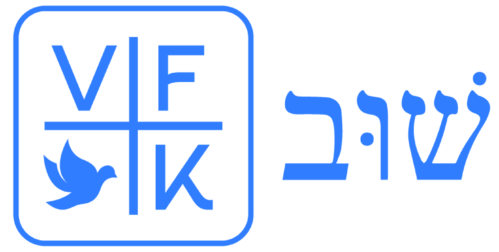- Tanakh, is an acronym derived from the names of the three divisions of the Hebrew Bible: Torah (Instruction, or Law, also called the Pentateuch), Neviʾim (Prophets), and Ketuvim (Writings).
- The Torah contains five books: Genesis, Exodus, Leviticus, Numbers, and Deuteronomy. The Neviʾim comprise eight books subdivided into the Former Prophets, containing the four historical works Joshua, Judges, Samuel, and Kings; and the Latter Prophets, the oracular discourses of Isaiah, Jeremiah, Ezekiel, and the Twelve (Minor) Prophets—Hosea, Joel, Amos, Obadiah, Jonah, Micah, Nahum, Habakkuk, Zephaniah, Haggai, Zechariah, and Malachi. The Twelve were all formerly written on a single scroll and thus reckoned as one book. The Ketuvim consist of religious poetry and wisdom literature—Psalms, Proverbs, and Job, a collection known as the “Five Megillot” (“scrolls”; i.e., Song of Songs, Ruth, Lamentations, Ecclesiastes, and Esther, which have been grouped together according to the annual cycle of their public reading in the synagogue)—and the books of Daniel, Ezra and Nehemiah, and Chronicles. (Published in https://www.britannica.com)
- I read JPS publication
- Known in Christianity as the ‘Old Testament’ contained in the Bible. There are differences due to translation, and you are strongly encouraged to study in Hebrew even if you do not speak or are familiar with the language (for in the modern world we do have the resources to conduct a personal study. Nevertheless, be aware of many texts and sites that ignorantly convey different theology within their translations. Allow those in the field of linguistics – through their material – to help in your endeavor. Be aware that you must not box yourself in during such a study in quickly accepting another individual’s point of view. The Spirit will direct your sincerity, even if it may perhaps take many years of maturity.
Tanakh
« Back to Glossary Index
